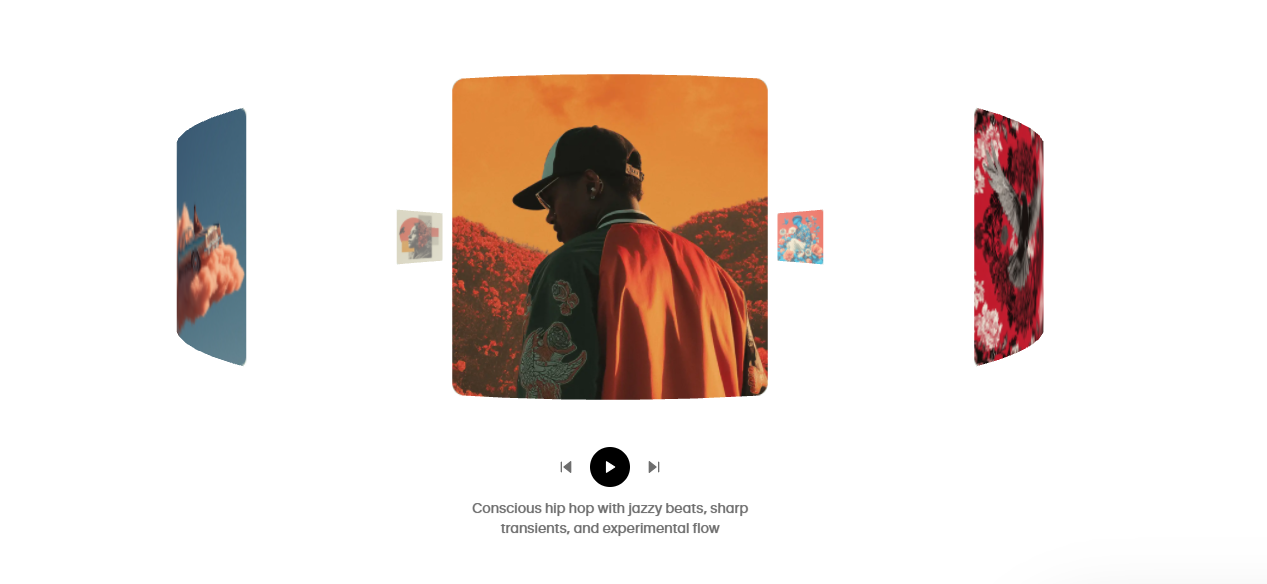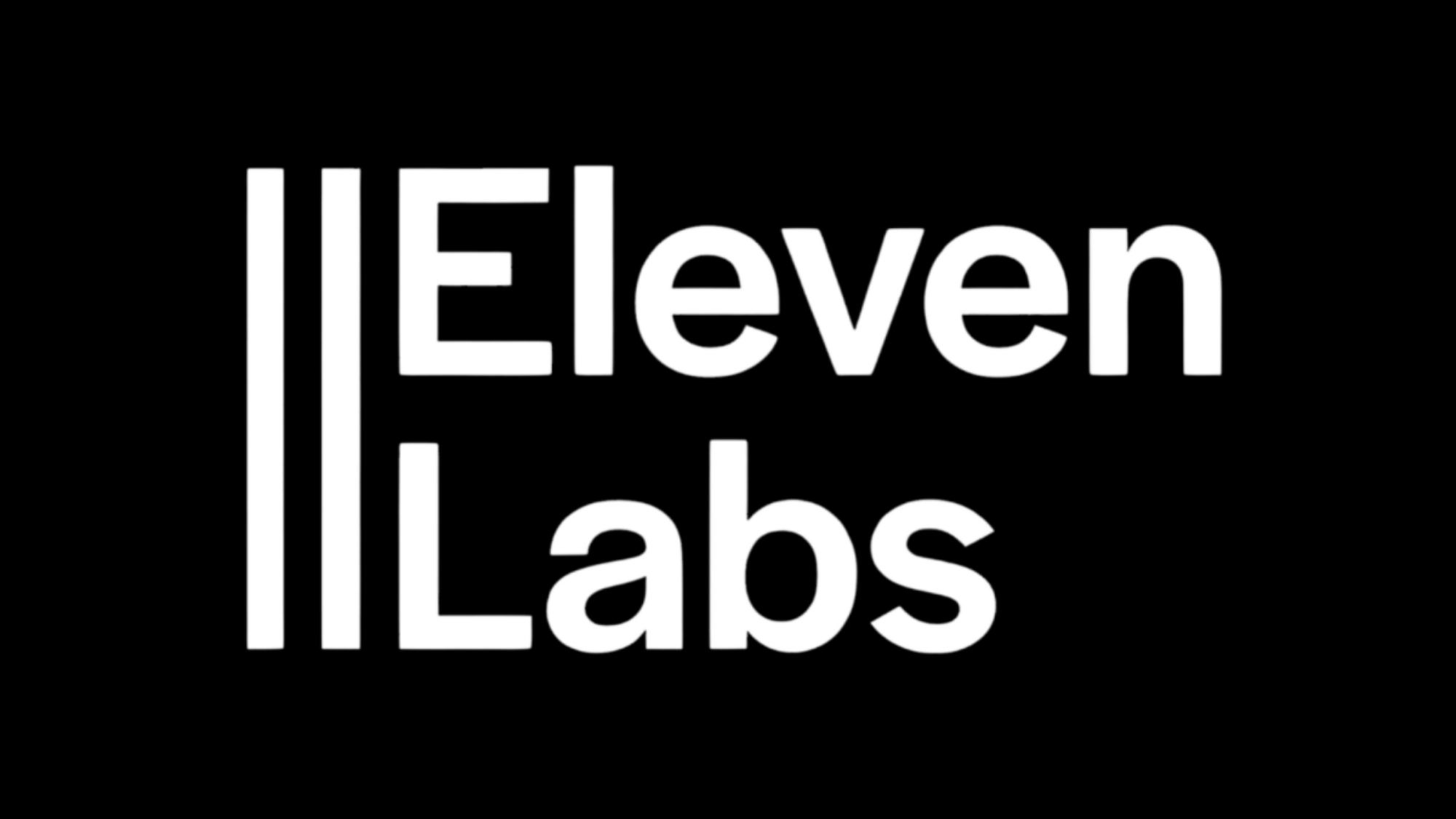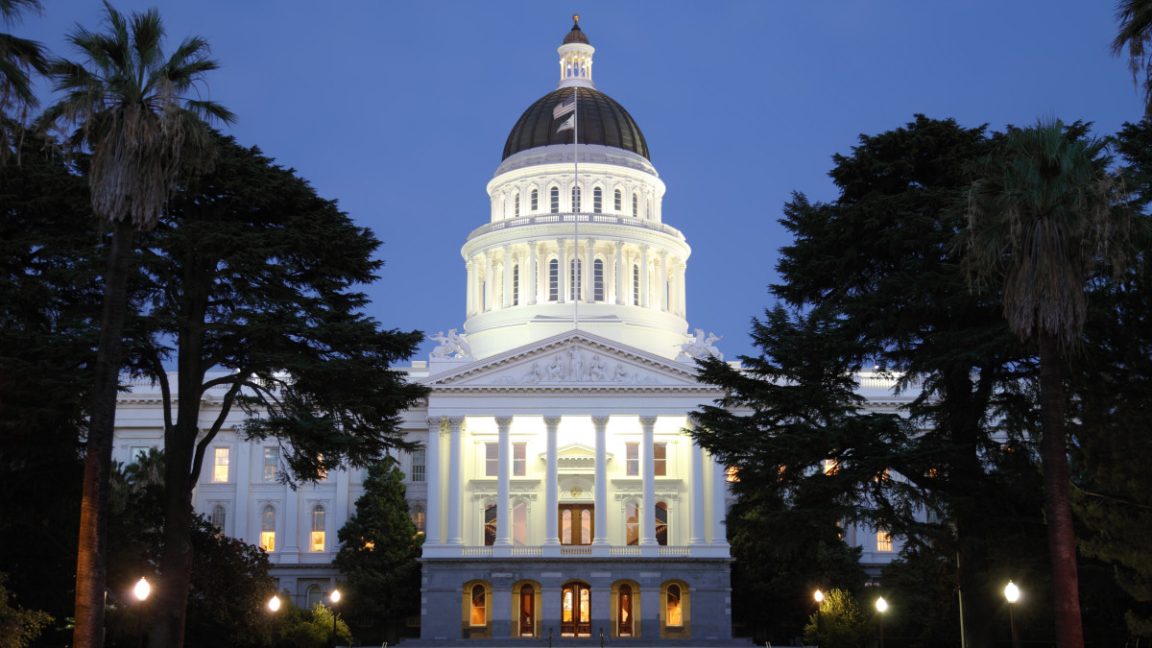ElevenLabs, a popular AI voice generator, has taken a new route with its latest product. The company is now offering an AI music generator, and it is completely free to use commercially.
That means that any music generated using the tool can be used in commercial settings like YouTube videos, movies, and advertising.
Alongside the launch itself, ElevenLabs shared some examples of music made using this new generator. There are some examples of slow indie music, Latin reggaeton, and hip-hop with clear vocals.
As part of this new tool and its training process, ElevenLabs partnered with Merlkin Network and Kobalt Music Group. These are two digital publishing platforms supporting smaller artists.
“Our clients benefit directly from this agreement in several key ways: it opens a new revenue stream in a growing market, includes revenue sharing so they participate in the upside, provides strong safeguards against infringement and misuse, and offers favorable terms comparable to other publishing and recording rightsholders,” a representative from Kobalt told TechCrunch.
To use the tool, users simply enter a prompt, similar to the way that you would use a chatbot or image generator. For example, “create an early 2000s pop song with lyrics about a romantic date”.

Like many other areas of generative AI, this is a world that comes with a lot of legal issues. Previous music generators have had criticism from record labels and, even though Elevenlabs has the support of the record labels it is training on, this could still be problematic.
Compared to chatbots, as well as image and video generators, there aren’t many competitors in this space right now. In fact, Elevenlabs as a whole operates in a less-explored world of AI voice recreation.
Offering up the added incentive of commercial use with its songs, Elevenlabs could find itself in a strong position going forward.
The Elevenlabs team also claims to have built-in safeguarding on this new model. It prevents the model from creating songs with artists’ names or specific lyrics from another album. It also blocks lyrics that could incite violence or be seen as hateful.
More from Tom's Guide
- OpenAI launches two new AI models ahead of GPT-5 - here's everything you need to know
- ChatGPT-5 is coming — here's how it could change the way we prompt foreverb
- Amazon may bring ads to Alexa+ in least surprising move ever
Back to Laptops
![]()
Show more
.png)












 English (US) ·
English (US) ·